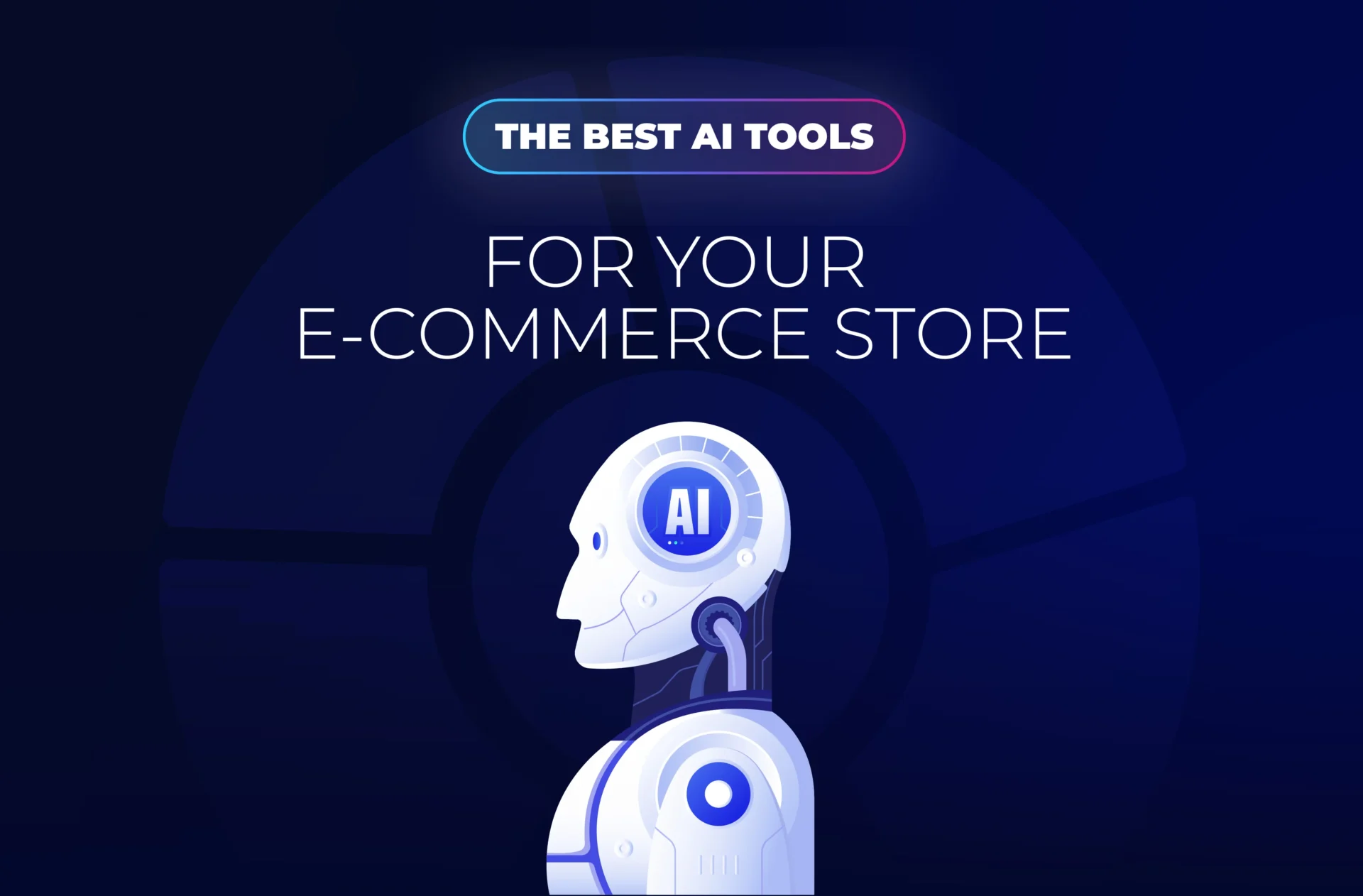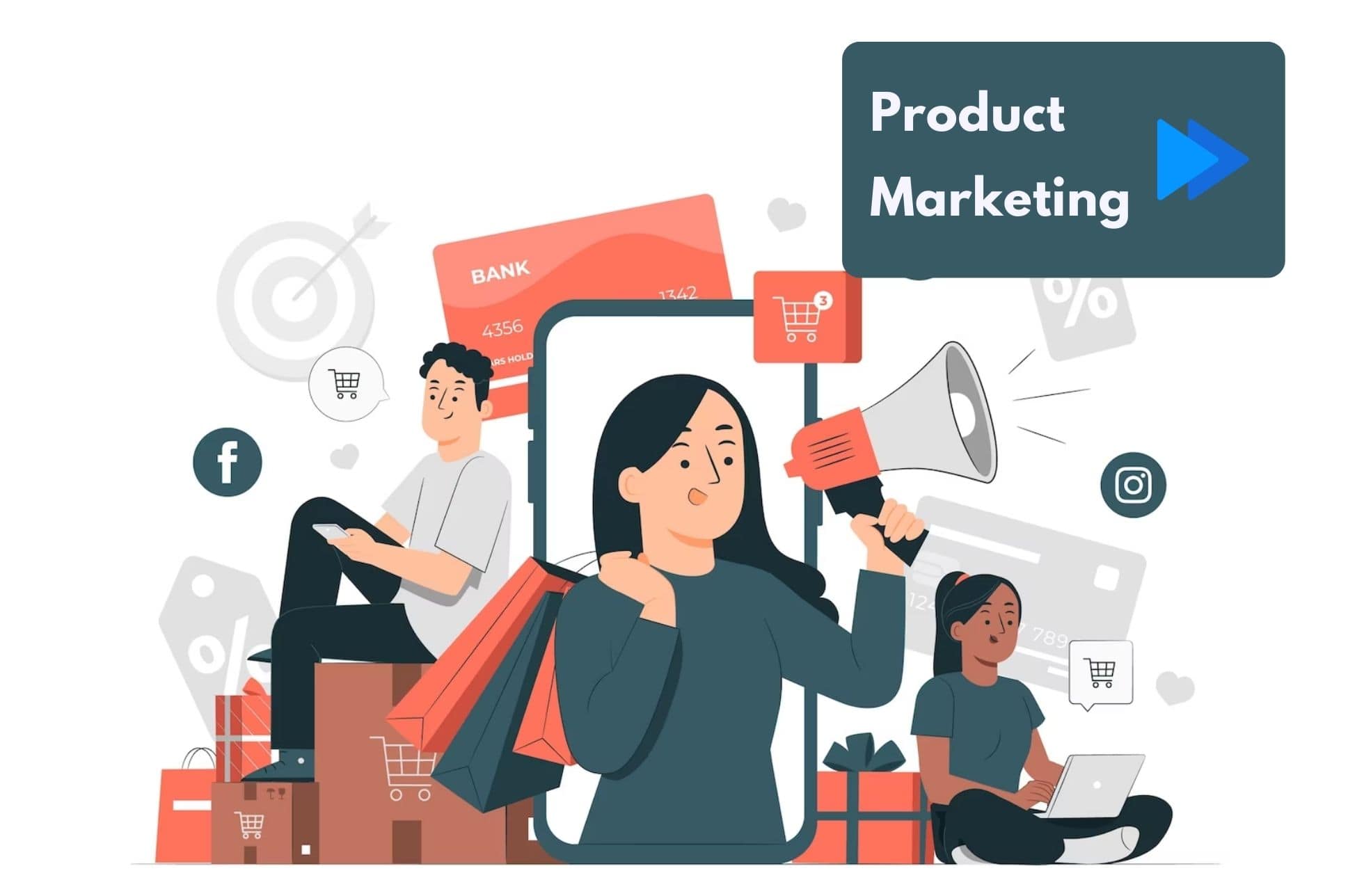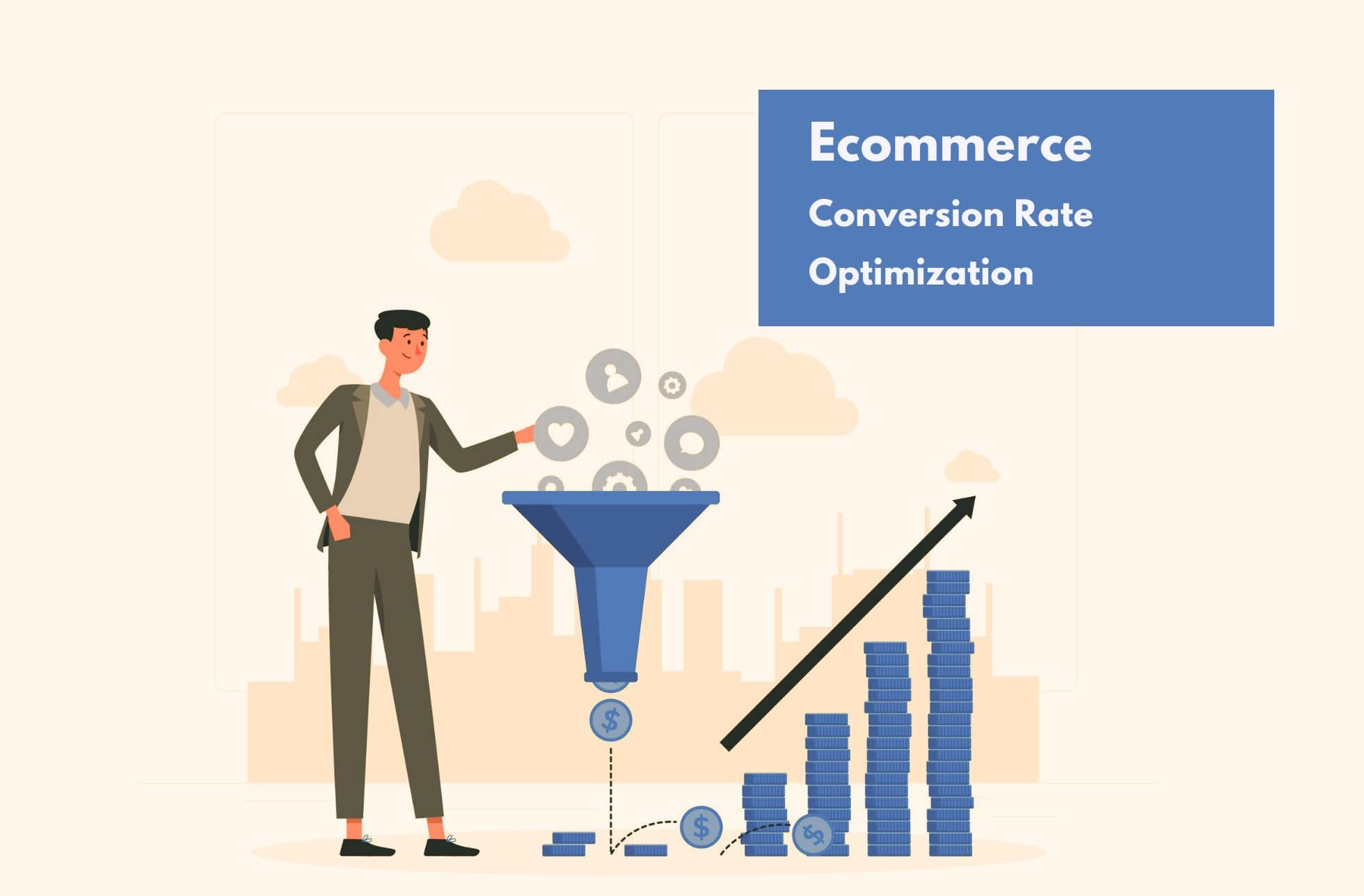Optimizing an online store for search engines is one of the top priorities for e-retailers. At the same time, when looking for different SEO strategies and tips, they shouldn’t forget, that SEO strategies for a store would differ from the same of a corporate site, a blog, or any other type of a site. We have prepared a list of SEO strategies for you to focus on, in order to improve your e-commerce search ranking.
#1 Tune up your E-Commerce SEO settings:
There are many little details behind the scenes of your e-store that are important both to search engine bots and real shoppers. Check them out and make sure you don’t miss on any:
Readable URLs
Would you be willing to click on a link resembling a really highly protected password with a couple of dozens of random characters? Same with your potential customers. Don’t make them feel insecure (or not interested) to open your site: audit your page URLs for being readable and containing key words. And don’t forget to localize them, if you sell internationally.
XML or HTML sitemap
Having a sitemap is important as it gives information about pages on your site to search engines: their relative importance to each other, and how often they are updated. Moreover, it is crucial for owners of large shops (more than 100 items) because a map is also automatically updated whenever products are revised or changed. This means, a store owner gets rid of the hassle of manual page update, which saves time for other important SEO and marketing activities.
Optimized title and description tags
Do a proper research on the best keywords and make sure your title and description tags are optimized with them. The keywords in titles and descriptions help search engine bots understand better what your page is all about, hence, rank it higher. The keywords research also helps you be confident you are promoting exactly what people are searching for.
Easy navigation
Structure your catalog and the whole site as clear as possible. Try to keep your products just a few clicks away in site depth (ideally 2-3 clicks from the home page), make your categories broad and avoid using too many subcategories.
Fast loading
Site load time also affects your SEO. First of all, obviously, it is annoying for real shoppers, when store pages don’t load. If this is the case, you risk getting high bounce rates. In addition to this, Google’s algorithms also check the site speed, and a slow site could be causing troubles for your ranking. To speed up your site, remove any unnecessary plugins, use external CSS files, or even consider switching your hosting provider. Some store settings can also improve your site performance.
Mobile first
Having your store mobile optimized is no longer a “nice to have”, it’s a “must”, given that 82% of smartphone users make a buying decision while surfing the Internet on their smartphones. Tuning up your store for mobile opportunities means having a mobile responsive site working on any connected device, creating mobile responsive ads, and making sure you have visible, clickable information and products.
#2 Show off your products in their best possible light:
If you wonder how product information on your site can improve your SEO rankings, check the ideas below:
Unique product descriptions
Search engines don’t like duplicate content, so we recommend to avoid using absolutely identical product descriptions again and again. Same rule applies to copying manufacturer product descriptions. Few original sentences written by you instead would easily pay off the time spent.
Search-optimized images
Make sure to put alt tags in the images. It might not seem necessary, however, for search engine bots tagged images is an important signal telling that every part of your site matters. In this case, your images, and consequently the whole site, gain more weight when being analyzed.
Product comparison
Adding a product comparison option to your store would not only help your shoppers take a decision easier, but also boost your rankings due to many internal links generated.
Products on a store homepage
No doubt that your homepage affects your customers’ first impression hugely, but that’s not all. It is also a significant factor for how search engines analyze your site and give you a page rank, so use your store first page to highlight special offers and deals.
Product reviews
Who wouldn’t like to know experiences and opinions of previous clients about your products and services, when taking a purchasing decision? Most of the potential customers look for reviews, and clearly, reviews help your brand reputation. But that’s not the only benefit of it. Search engines like to see interaction as well, so give your customers a place to discuss your product or service, and get the best of both worlds.
#3 Be social:
Once the basics are done, and your site is perfectly optimized, start attracting more visitors by getting social:
Social media strategy
Growing communities and engaging content on your pages in social networks gives you more social sharing, thus, more external links, which means more credibility from search engines. But chose your channels wisely. For example, visitors of online stores coming from Pinterest tend to make purchases more frequently and spend more in comparison to those coming from Facebook. At the same time, most popular categories on this platform are food and drinks. So take a proper research on which social platforms would suit your products best and give you most.
Blog and guest posting
People look for advice, for inspiration, for entertainment. Keep their needs fulfilled, engage with your customers, and enjoy your page ranking growing, thanks to frequent visitors and shares. Create your blog, and guest-post in order to get more visibility and backlinks.
There are many SEO experts and consultancies out there promising you surging search rankings. Contacting them might worth it, however, prior to doing that, we recommend store owners make everything possible on their own. Many free SEO tools are available on the e-commerce platform out of the box, don’t require any investment, yet can give significant results. Do you think free SEO tools contain everything ou would need to implement your SEO strategy by yourself? Tell us below or tweet us!





